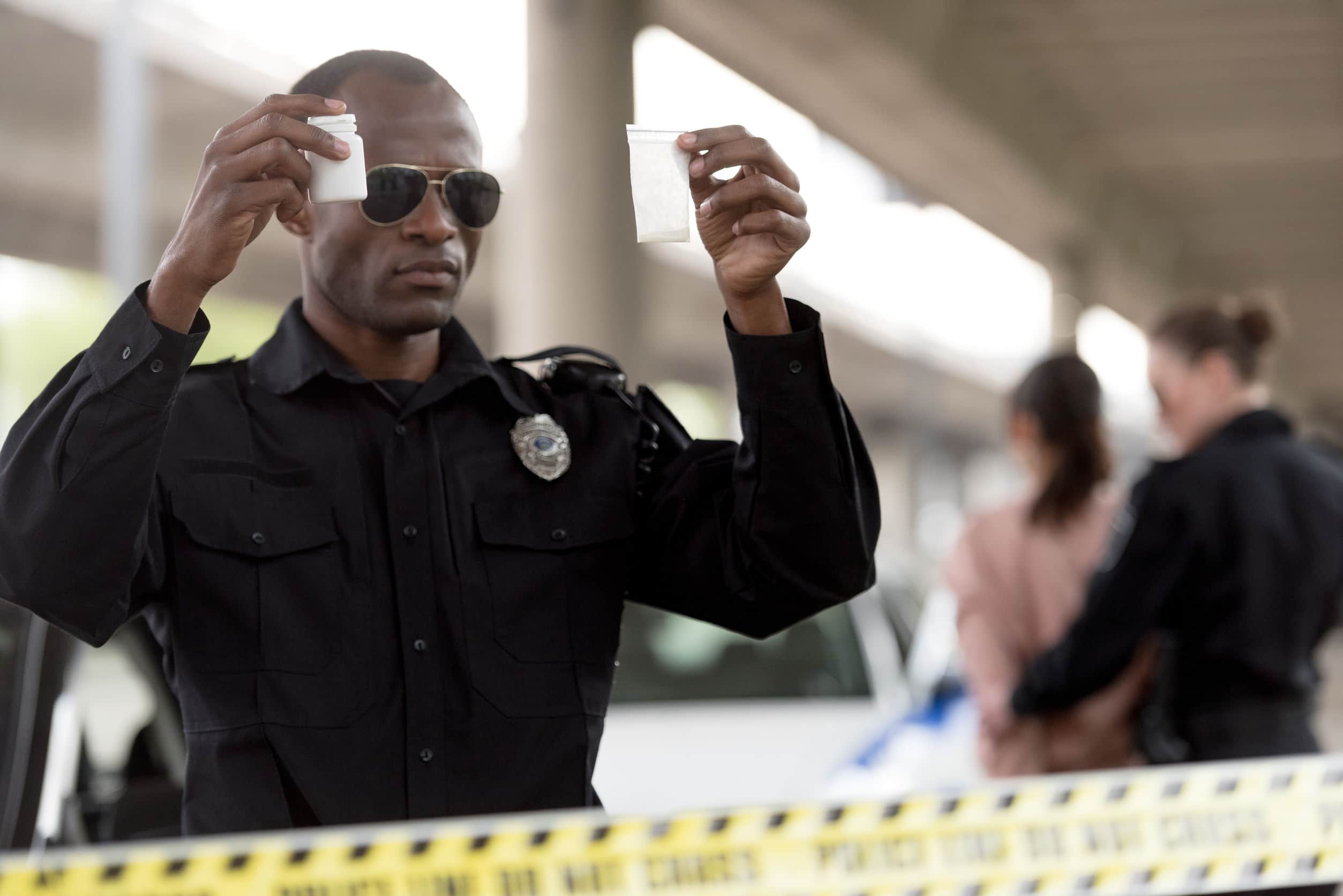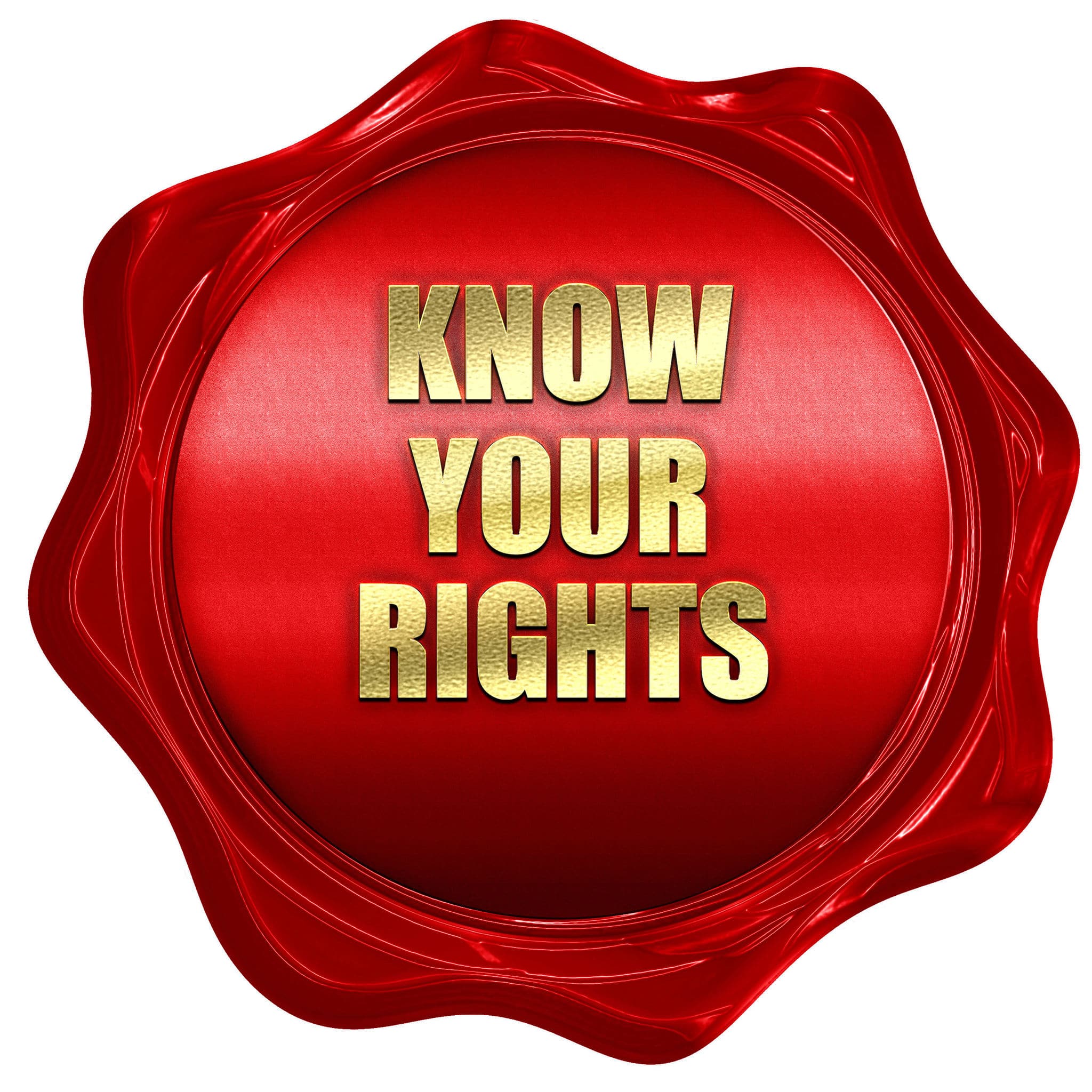
Anyone who has watched a police show on television or seen a movie has heard the term “probable cause.” However, it probably doesn’t have a lot of impact on your life until it is being used against you.
Of course, something as important as probable cause in the criminal justice system has undergone quite a bit of scrutiny.
In a federal court case, the United States v. Christian, for instance, the accused attempted to parse the collective facts out individually and challenge each one to prove there was no probable cause to search his home.
Unfortunately, the court dismissed his challenge to the search warrant because that’s not how probable cause works. In fact, the Supreme Court of the United States expressly forbids what his legal team did, evaluating each element of the reasoning for the warrant line-by-line.
You may not be a high-stakes drug trafficker like the one in this case, but law enforcement’s explanation of probable cause can still play a big role in a case against you.
Learn more here about what it is and how the court determines whether there was probable cause in your case or not so that, together, you can build your strongest defense.
Probable Cause: What Is It?
Under the Fourth Amendment of the Constitution of the United States, you are protected as a citizen against unreasonable search and seizures. The Texas Constitution also protects you. Of course, this is why probable cause exists.
The police are required to have probable cause before you are subjected to a valid search or seizure. The interpretation by the courts of this is that every arrest, detention, search, or seizure of people or property must be supported by probable cause in order for it to be valid.
So, what is a reasonable cause? In Texas, it is a combination of circumstances and facts that lead a law enforcement officer to think that a crime is being committed or would be committed. That can mean they directly observed the circumstances or facts that lead to the arrest or search.
Probable cause is a vital element to any type of arrest, which is why it’s vital to ensure that your Fourth Amendment rights have been upheld and probable cause had been established.
Probable Cause Determined by the Court
There are typically three times when probable cause comes into play: prior to making an arrest, after an arrest has been made, or after charges have been filed.
Prior to Making an Arrest
In some cases, police will get a warrant before making an arrest. In this case, the Fourth Amendment requirement involving probable cause is satisfied. In cases without a warrant, a judge will need to determine if probable cause existed in the case before the defendant was arrested based on the facts of the case.
After an Arrest Has Been Made
Probable cause hearings are also quite often the first appearance a defendant has in front of a judge after they’ve been arrested. In this hearing, a judge determines whether or not the arrest was supported by probable cause. If it was determined probable cause was not established, then law enforcement cannot hold a defendant in custody.
After Charges Are Filed
Another type of probable cause hearing can occur after charges have been filed. It involves the judge hearing testimony about whether or not a crime was committed. If it is determined that there was probable cause, then the case moves forward in the courts to trial.

In any case, probable cause hearings must occur at least 48 hours after an arrest according to the United States Supreme Court.
Law enforcement cannot postpone a hearing for probable cause for improper reasons, such as trying to find evidence to support an arrest and determine probable cause. If the court deadline is not met, then a suspect is normally released.
About the Author:
Brandon Fulgham has an in-depth understanding of both Texas law and Texans themselves. Before practicing law here, he received his undergraduate degree from TCU and his law degree from South Texas College of Law in Houston. After graduation, he worked in District Attorneys’ offices as a prosecutor, building cases designed to put people behind bars. Now, he uses that knowledge to protect the rights of people in and around Fort Worth. He has been recognized for his work by Expertise (Best Criminal Defense Lawyers in Forth Worth and Best DUI Lawyers in Fort Worth, both 2020), The National Trial Lawyers, Fort Worth Magazine, and others.